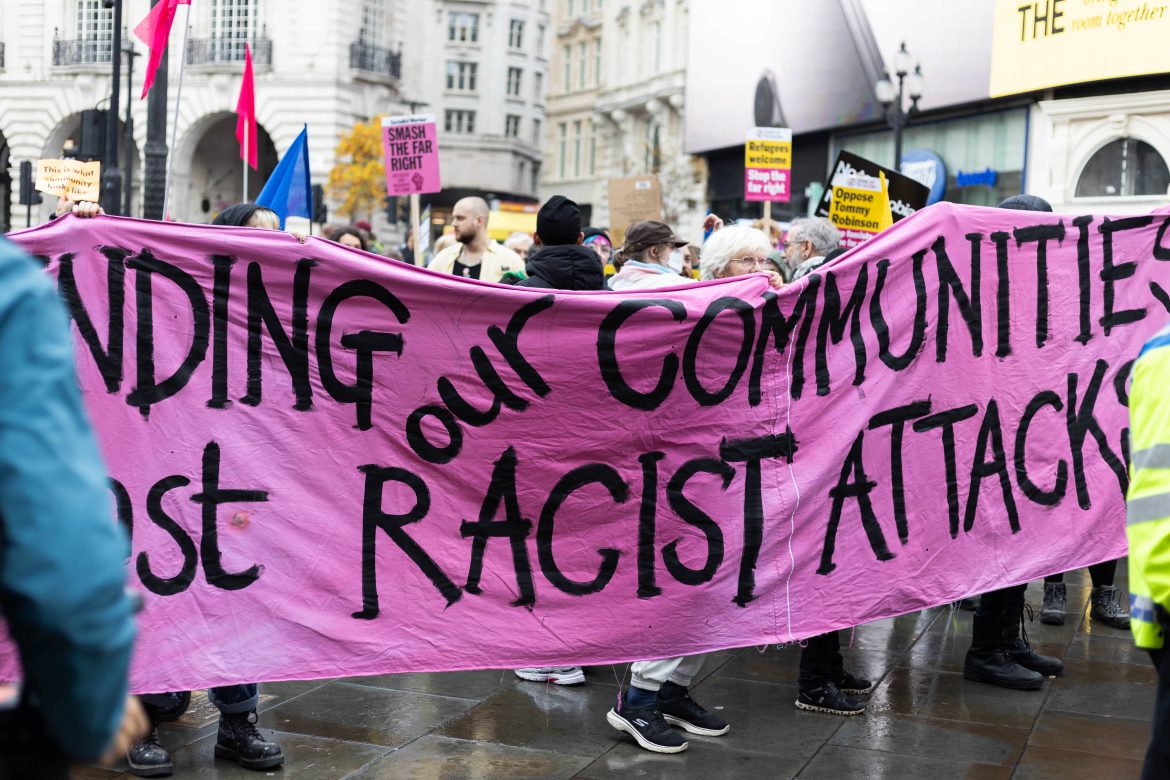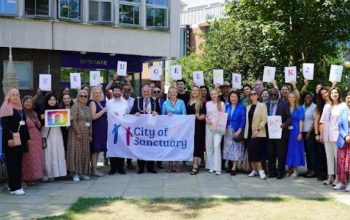The number of reported faith-related hate crime offences has increased by more than half since 2021.
Kingston has reported its lowest rate of hate crime in four years, according to data from the Met Police.
In 2024, there were 305 hate crime offences reported in the borough, a nearly 18% decrease from the previous year.
Despite this, the rate of faith-related hate crime in Kingston has risen for the second year in a row, increasing by over 68% since 2021.
How does Kingston compare to the rest of London?
Kingston has the seventh-lowest number of hate crime offences in the capital for its population, with rates generally increasing closer to central London.
Despite this, Kingston had a higher rate than its neighbours. Both Sutton and Merton recorded fewer offences, while Richmond had the lowest rate in the capital, with only 1.25 reported offences per 1,000 population compared to Kingston’s 1.81.
Outside the South West, Bromley, Bexley and Harrow’s rates were also below Kingston’s.
The borough with the highest rate of hate crime was Westminster, which reported nearly five times more offences for its population than Kingston.
Faith crime on the rise
While the number of overall hate crimes reported in Kingston has fallen, the number of religious hate crime offences has increased.
Despite representing a relatively small proportion of hate crime in the borough (slightly over 10% in 2024), the number of offences relating to the victim’s religious identity — or perceived religious identity — has risen in recent years.
This rise in religious hate can be seen across the country, following the start of the Israel-Hamas conflict.
In Kingston, hate crimes targeted at Jewish people have increased from zero reported offences between 2021–2022 to 18 in 2024.
Dr Alexander Heinz of the Kingston Liberal Synagogue said the rise in antisemitic offences has an impact the local Jewish community.
“There’s a feeling of being insecure,” he said. “Some might not show signs of Jewishness and might not say that they’re Jewish.”
Heinz said that the synagogue changed its security procedures in response to antisemitism.
The climate has affected Jewish people regardless of their politics.
Heinz said: “When it comes to antisemitism, it doesn’t really matter whether you hold an Israeli passport. It seeps into the narrative.
“There is of course reason to criticise [Israeli Prime Minister] Benjamin Netanyahu,” he added. “He probably wouldn’t win a vote with the Kingston Liberal Synagogue.”
Heinz said it is important for different communities in Kingston to engage in a dialogue.
He said: “We need to continue treating others as human beings, building British society together, beyond hatred and division and focus on what unites us.”
London as a whole also experienced a spike in religious hate crime in 2023 — mostly targeting its Jewish and Muslim communities — with the number of reported offences increasing by nearly half from the previous year.
While this number decreased in 2024, it remained significantly above pre-2023 levels.
A Metropolitan Police spokesperson said: “We recognise the impact that the 7 October 2023 terrorist attacks and the subsequent conflict have had here in London, in particular in Jewish and Muslim communities.”
They added that the Met has had a “dedicated operation focused on responding to the increase in hate crime and uncertainty”.
While London overall saw a significant increase in Islamophobic hate in 2023, Kingston followed a different trend.
In 2021, Islamophobic offences represented nearly four-fifths of all religious hate crime in the borough.
However, the number of offences targeting Muslims has decreased each year, with the number of offences falling by two-thirds from 2021–2024.
Racial hate crime down
Racial hate crime represents a majority of hate crime offences in Kingston (more than 83% in 2024).
In contrast to faith related crime, the number of recorded racial hate crimes fell to its lowest in four years, which explains most of the drop in overall hate crime.
From 2023–2024, the number of racial hate crime offences fell by nearly 18% from 310 to 255, having increased from 264 the previous year.
This follows a similar trend to the rest of London, with racial hate crime falling by more than a fifth in 2024, having peaked in 2023.






